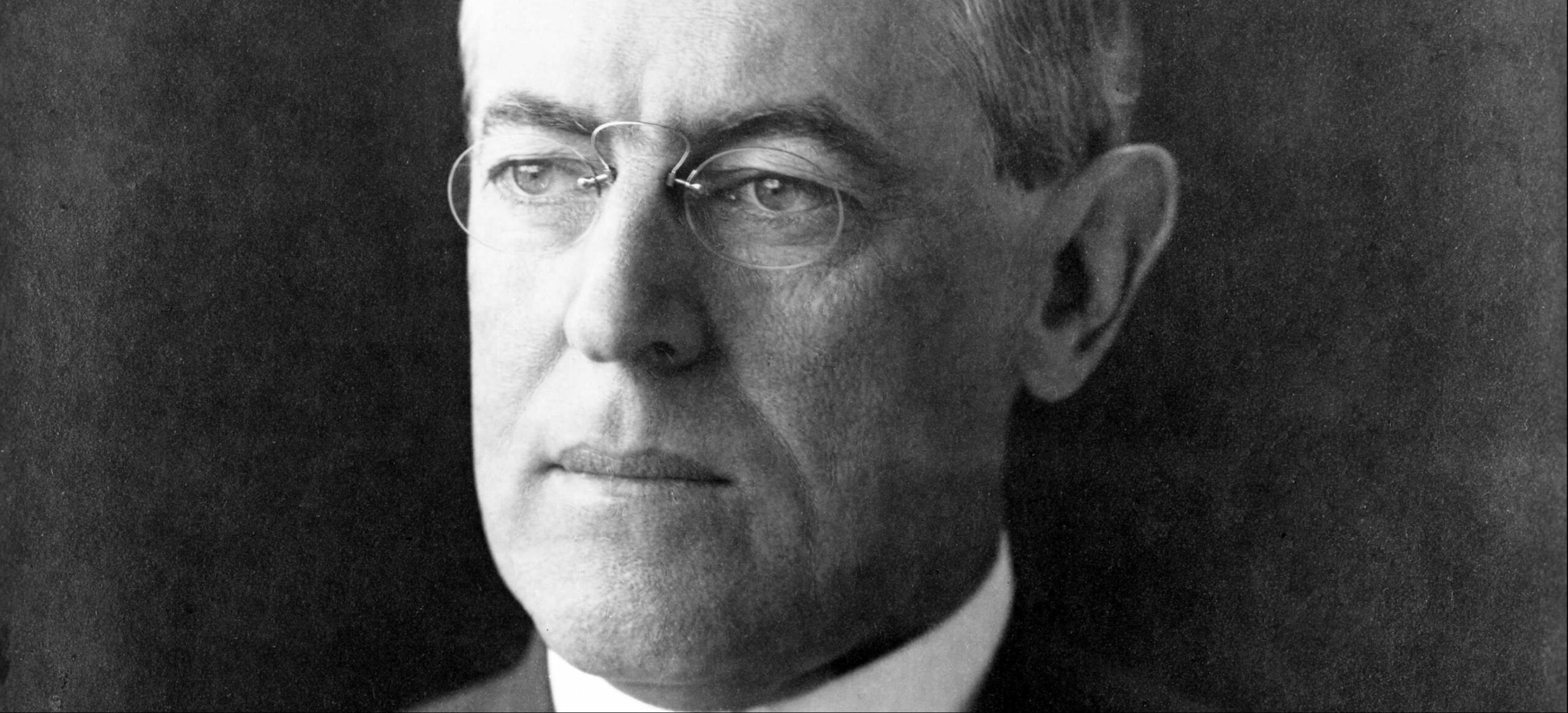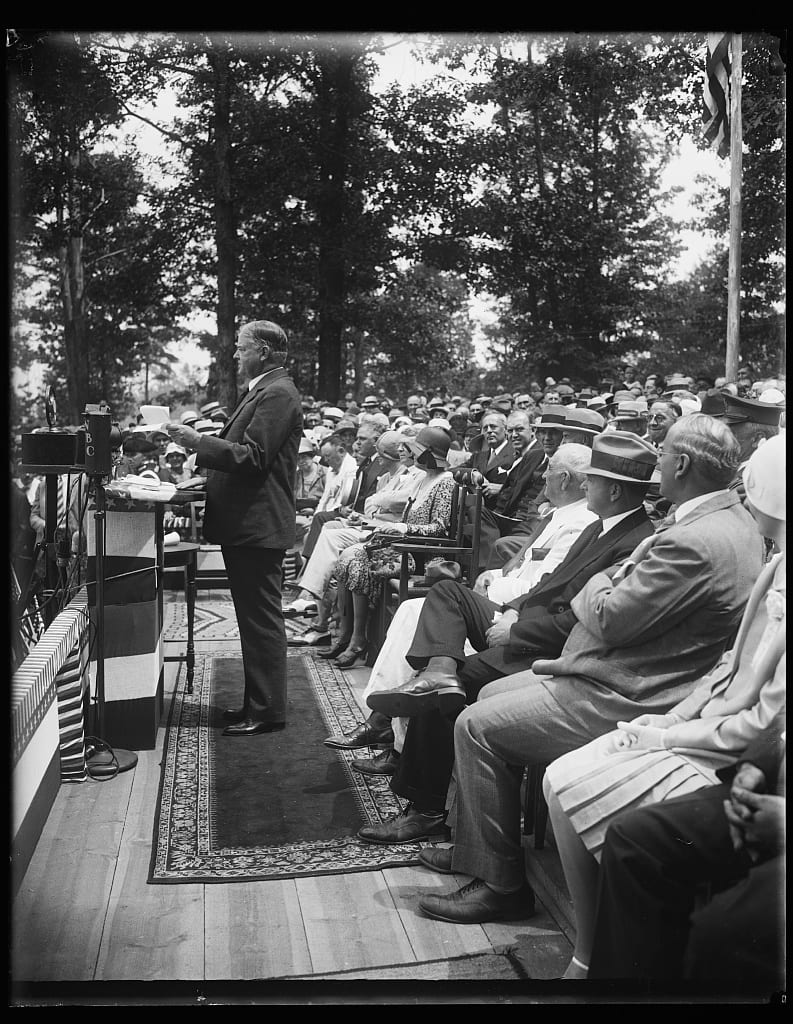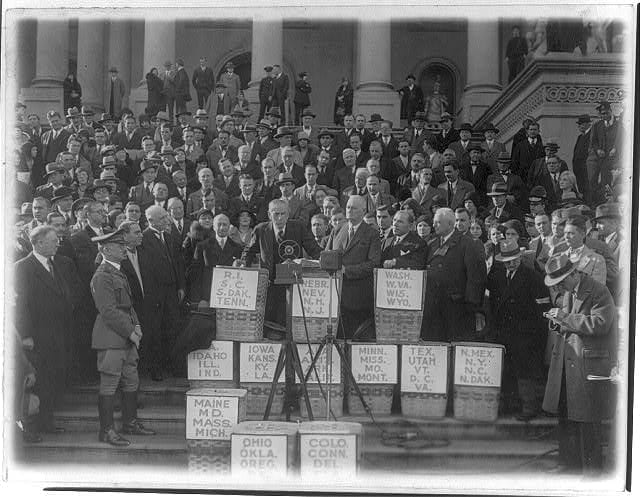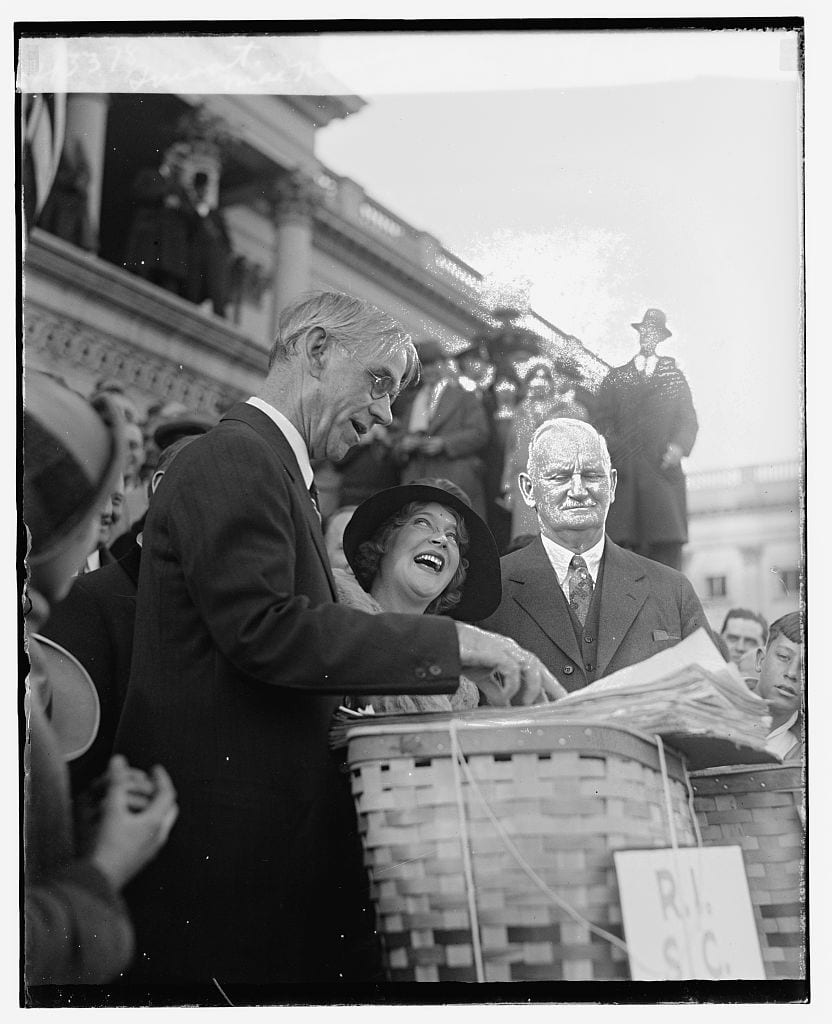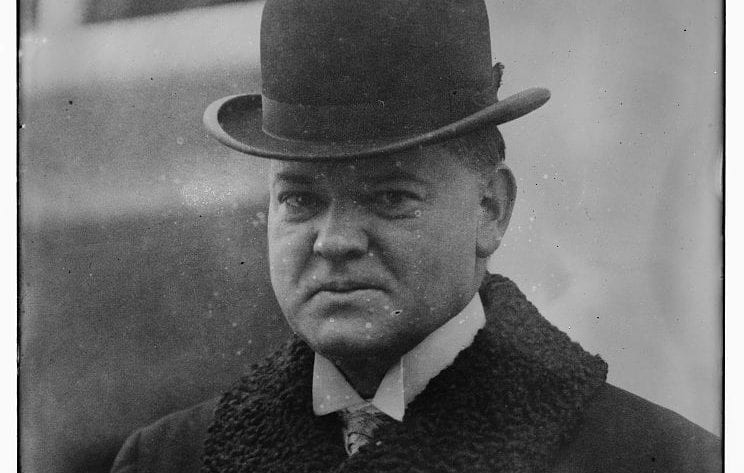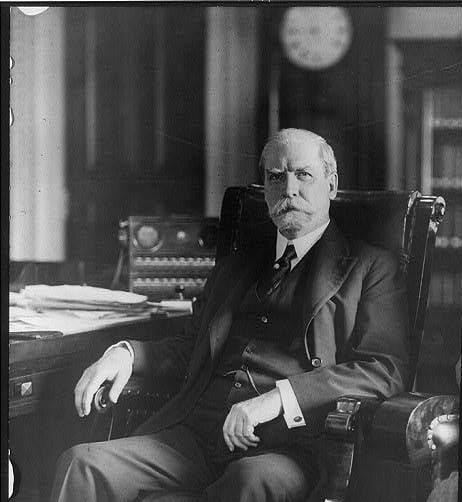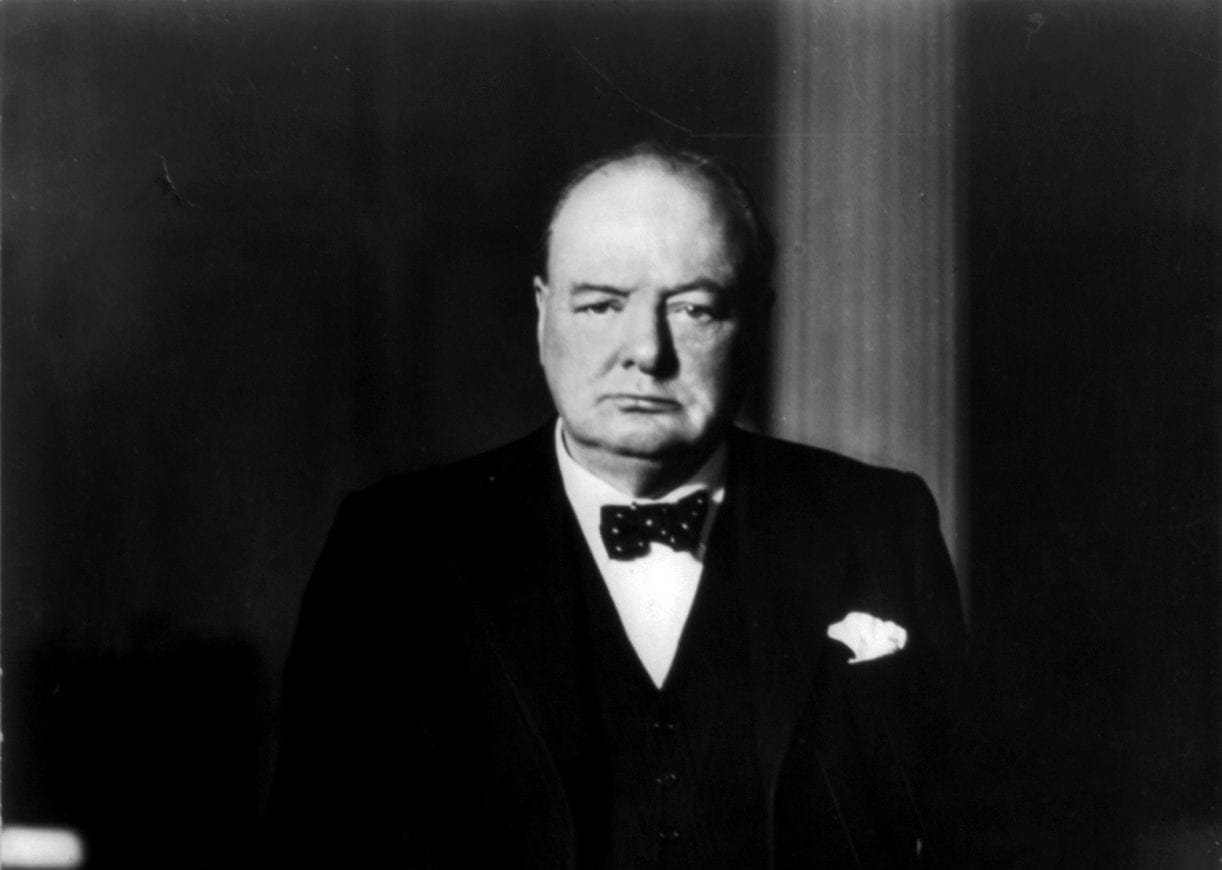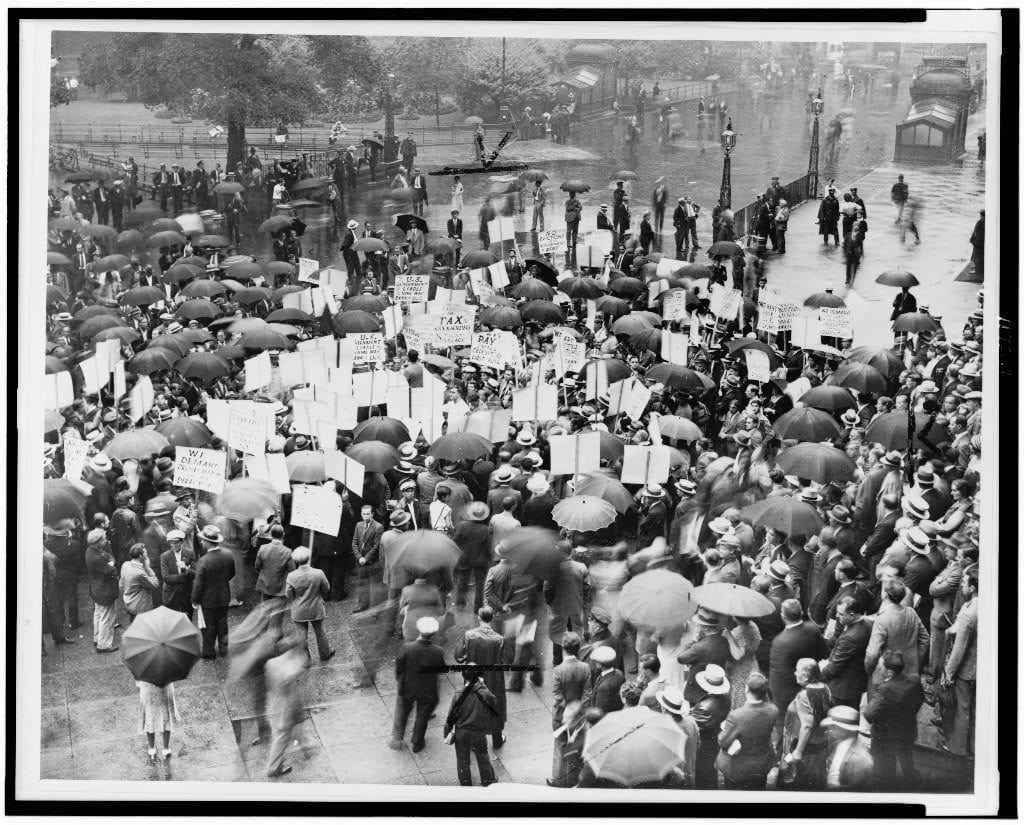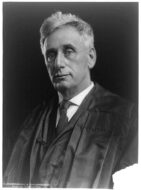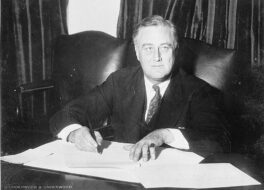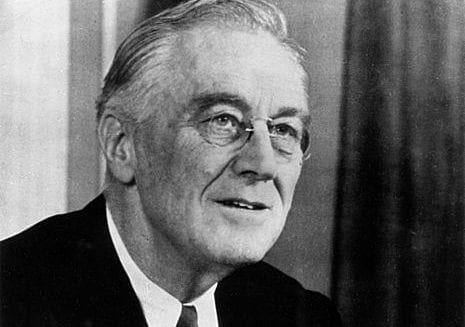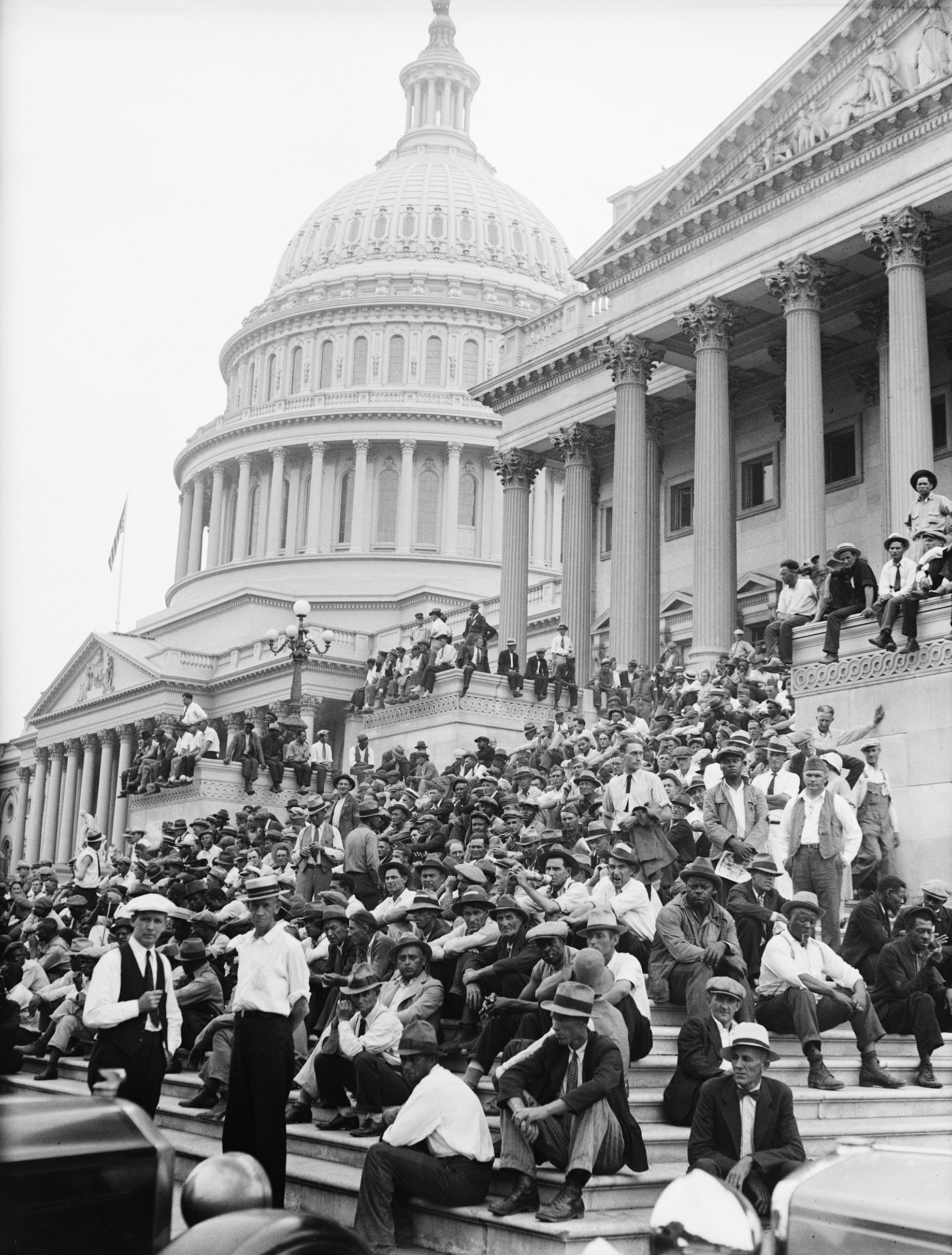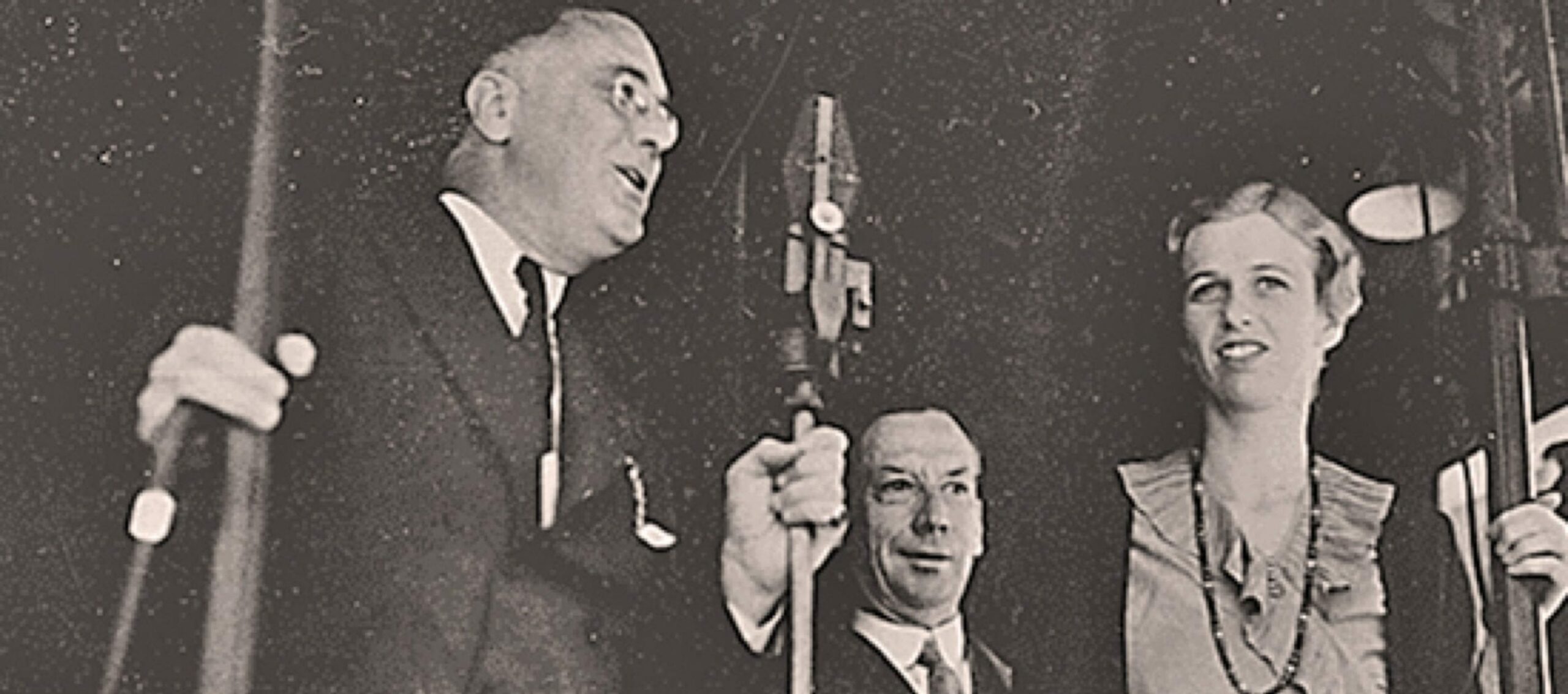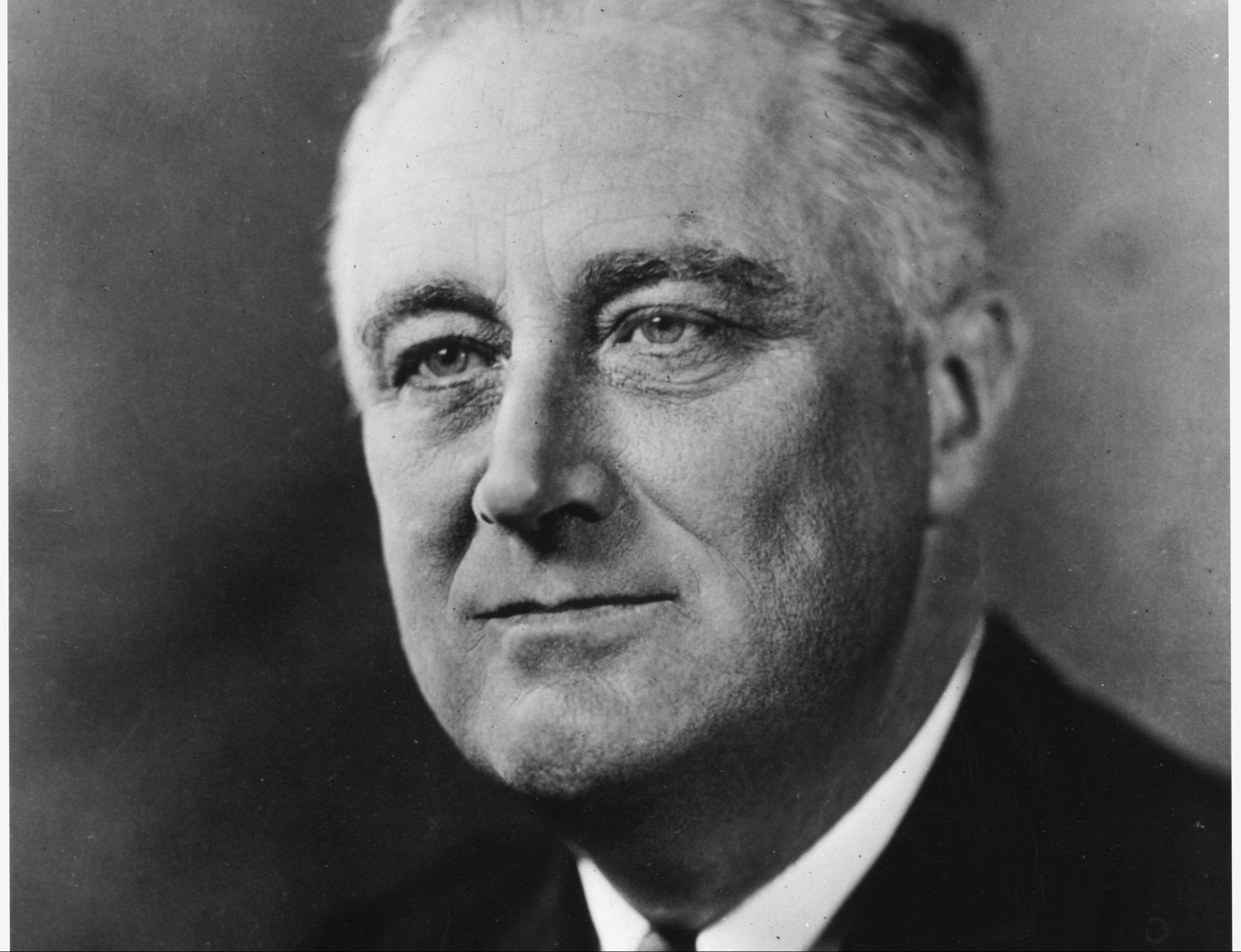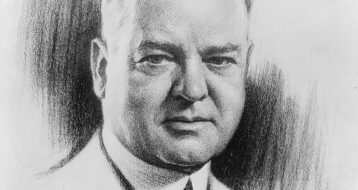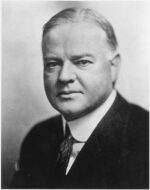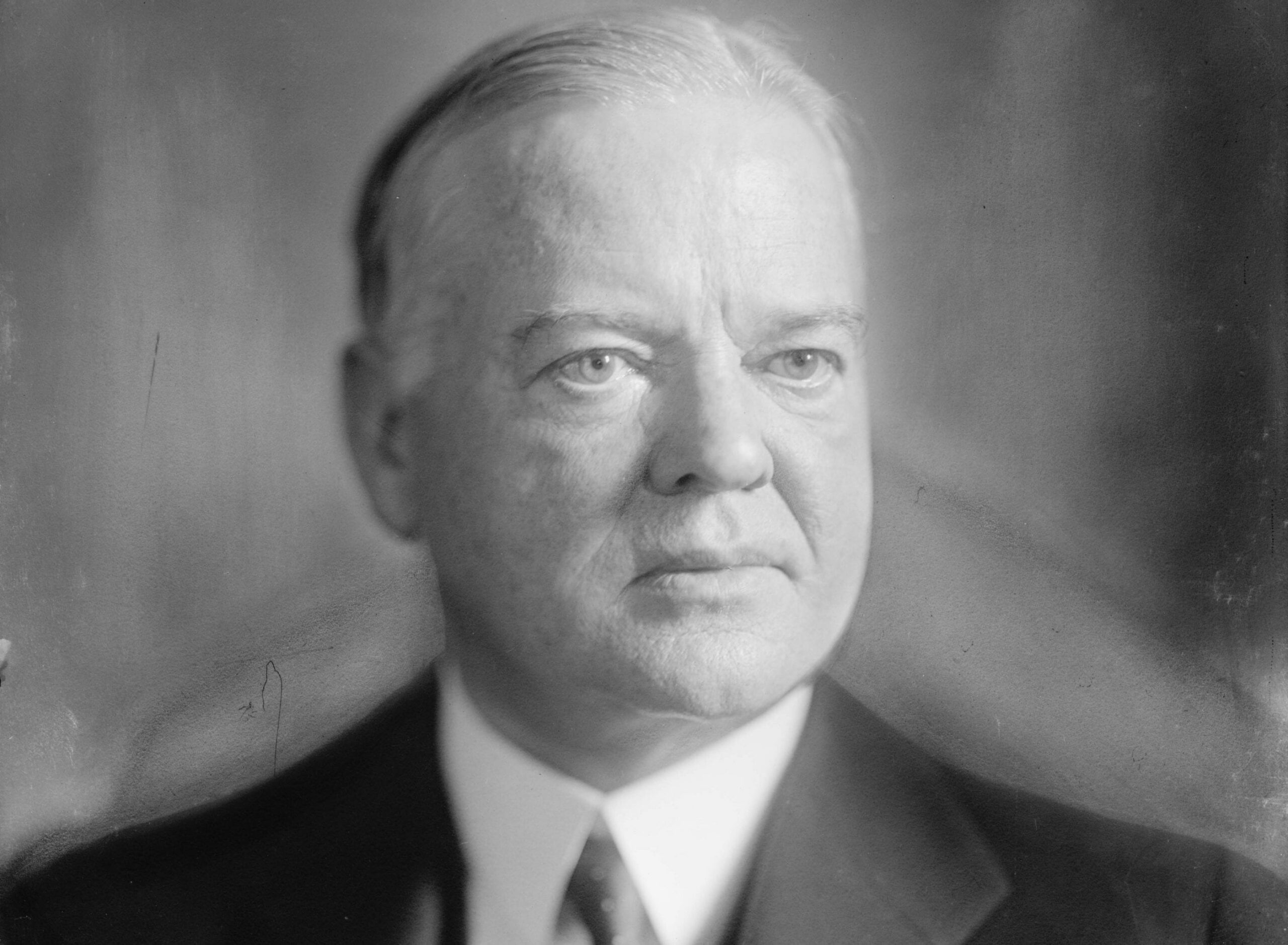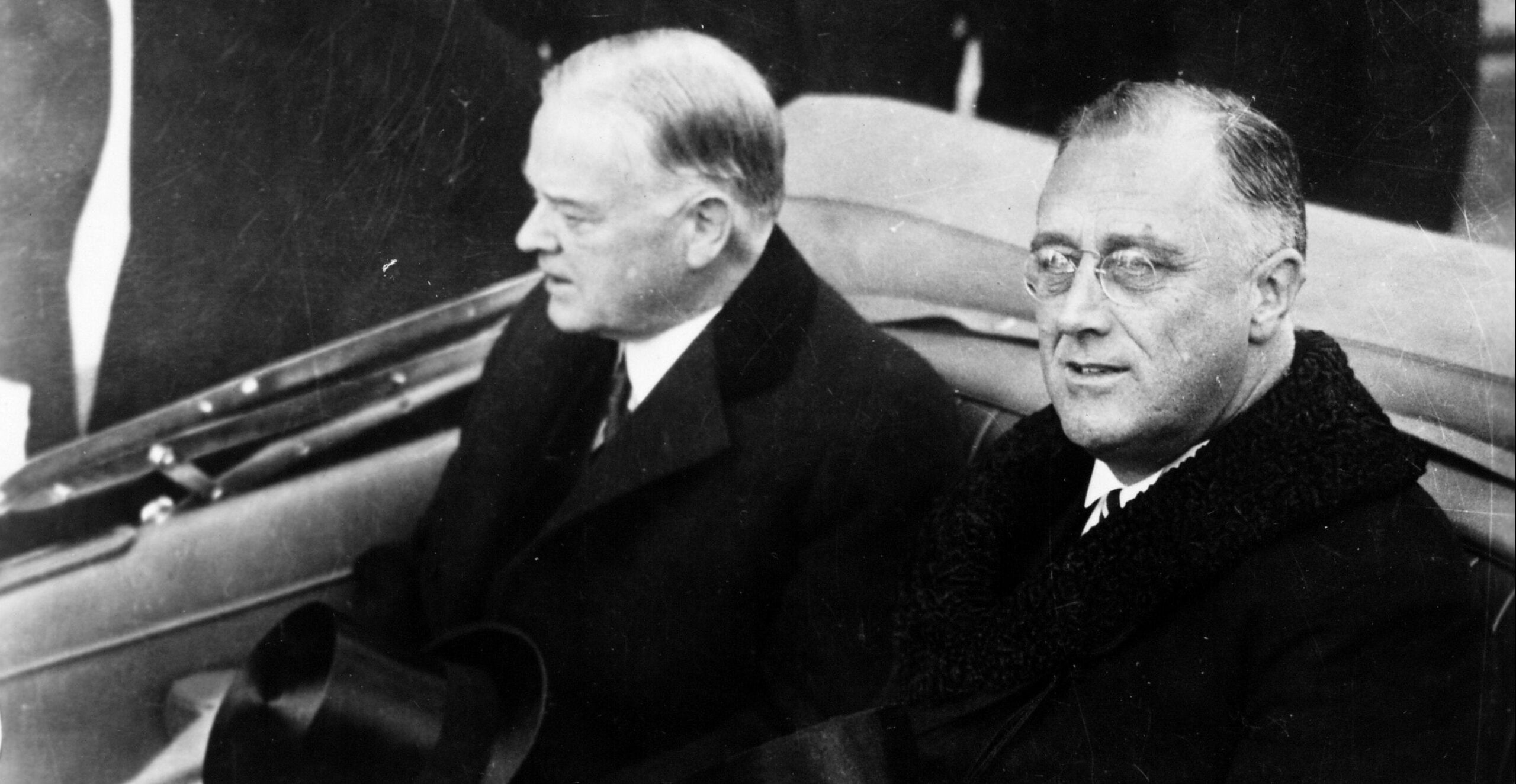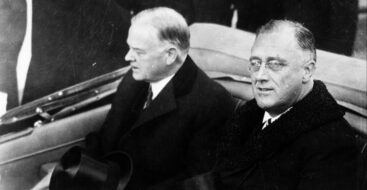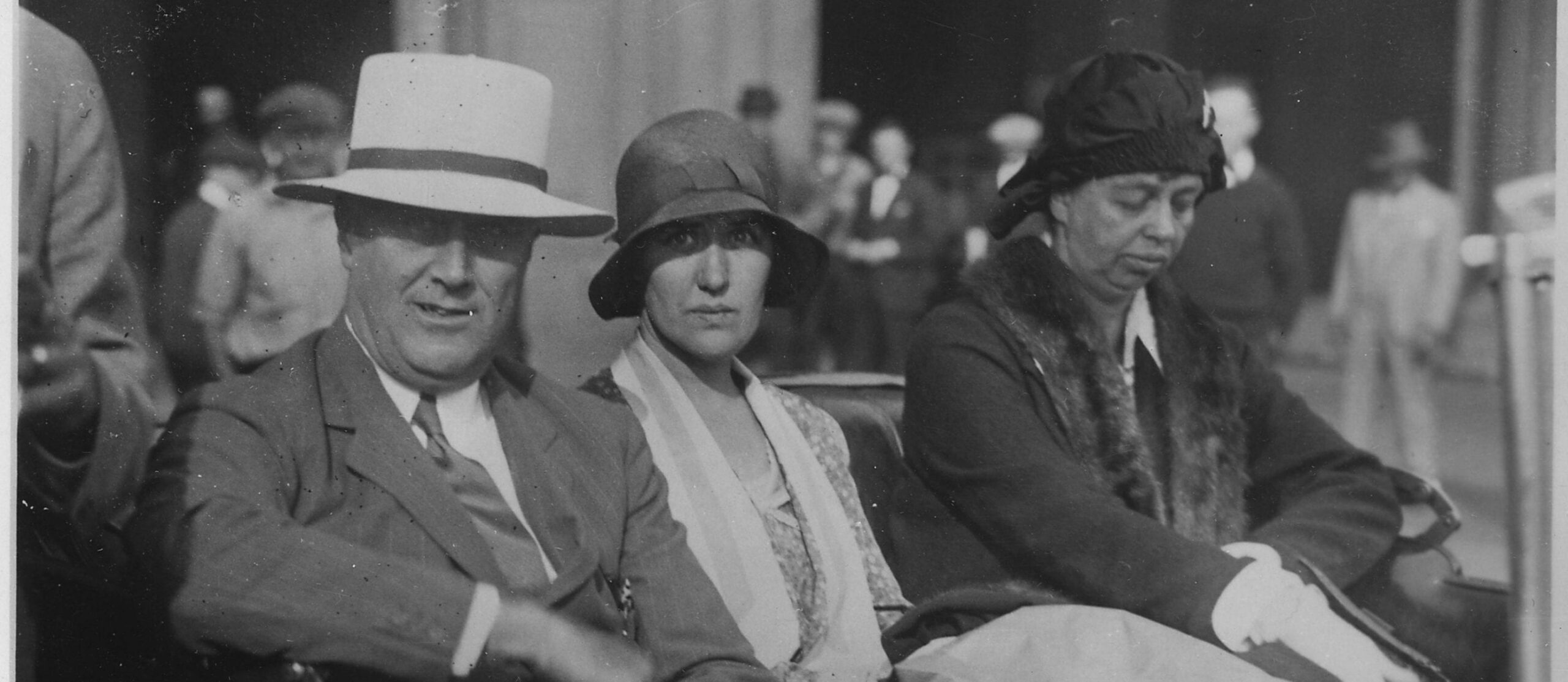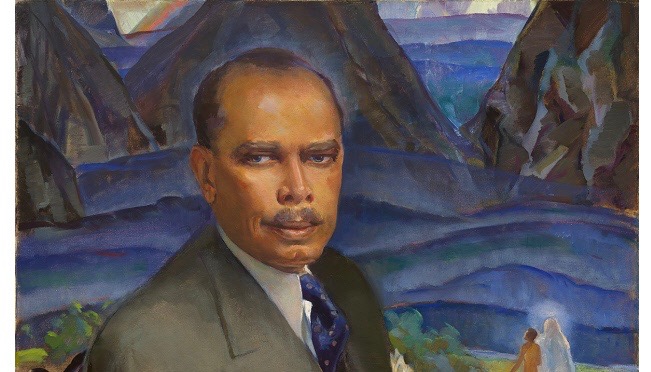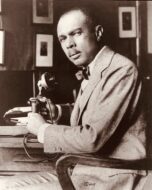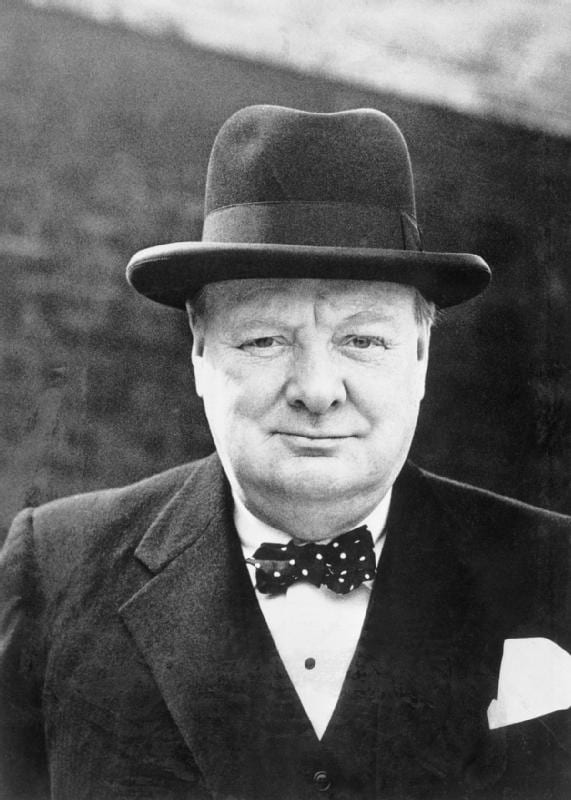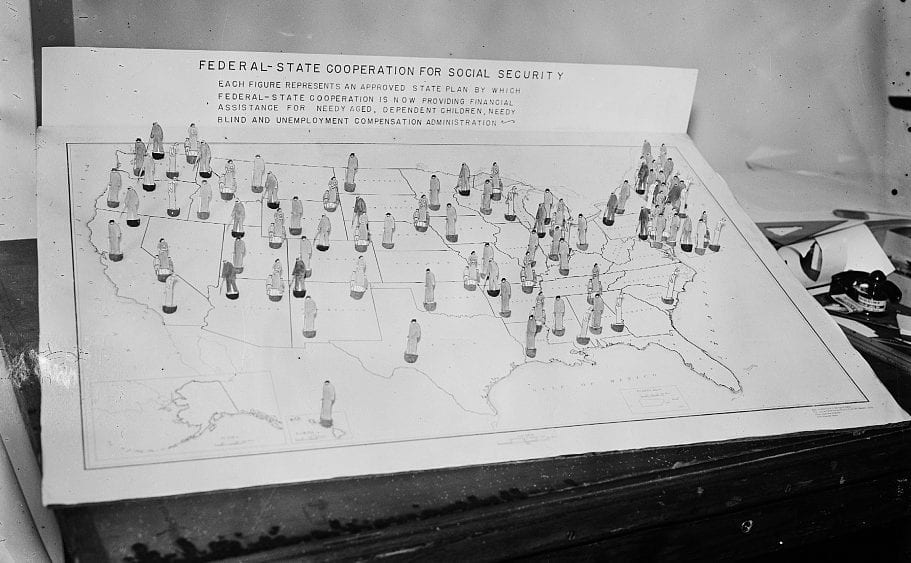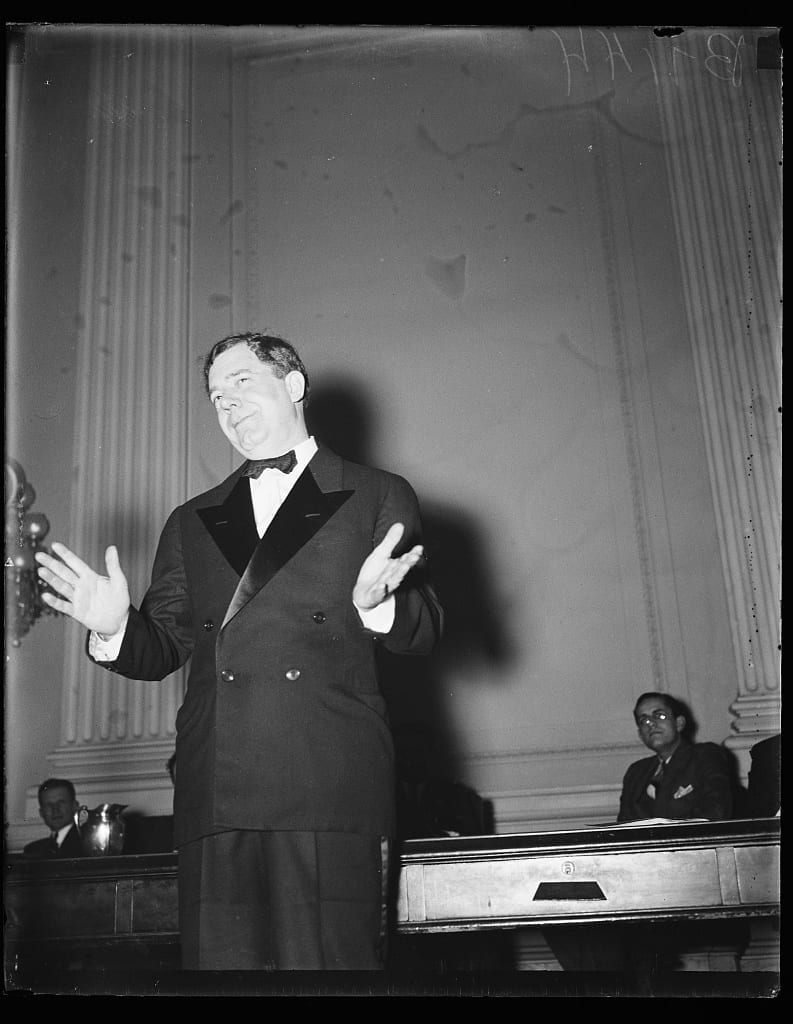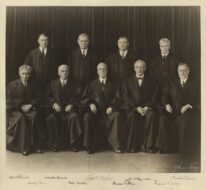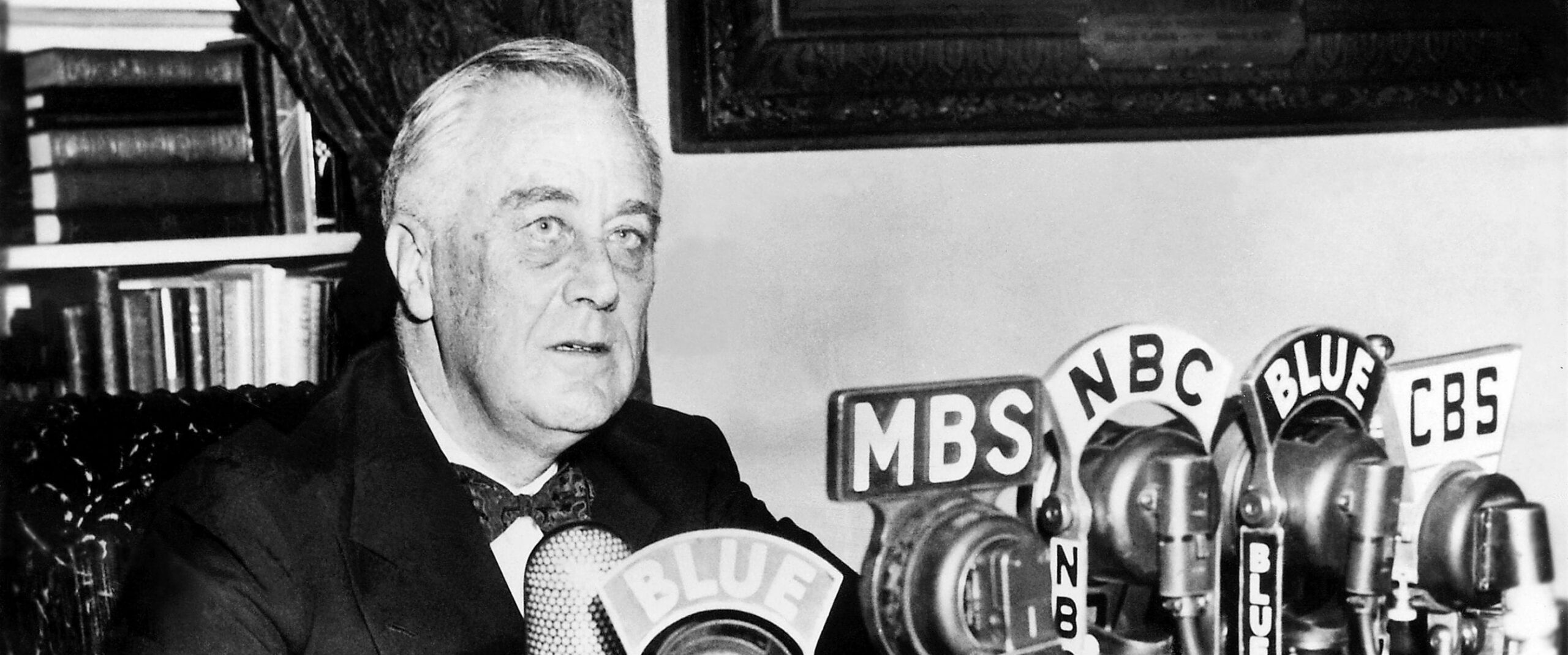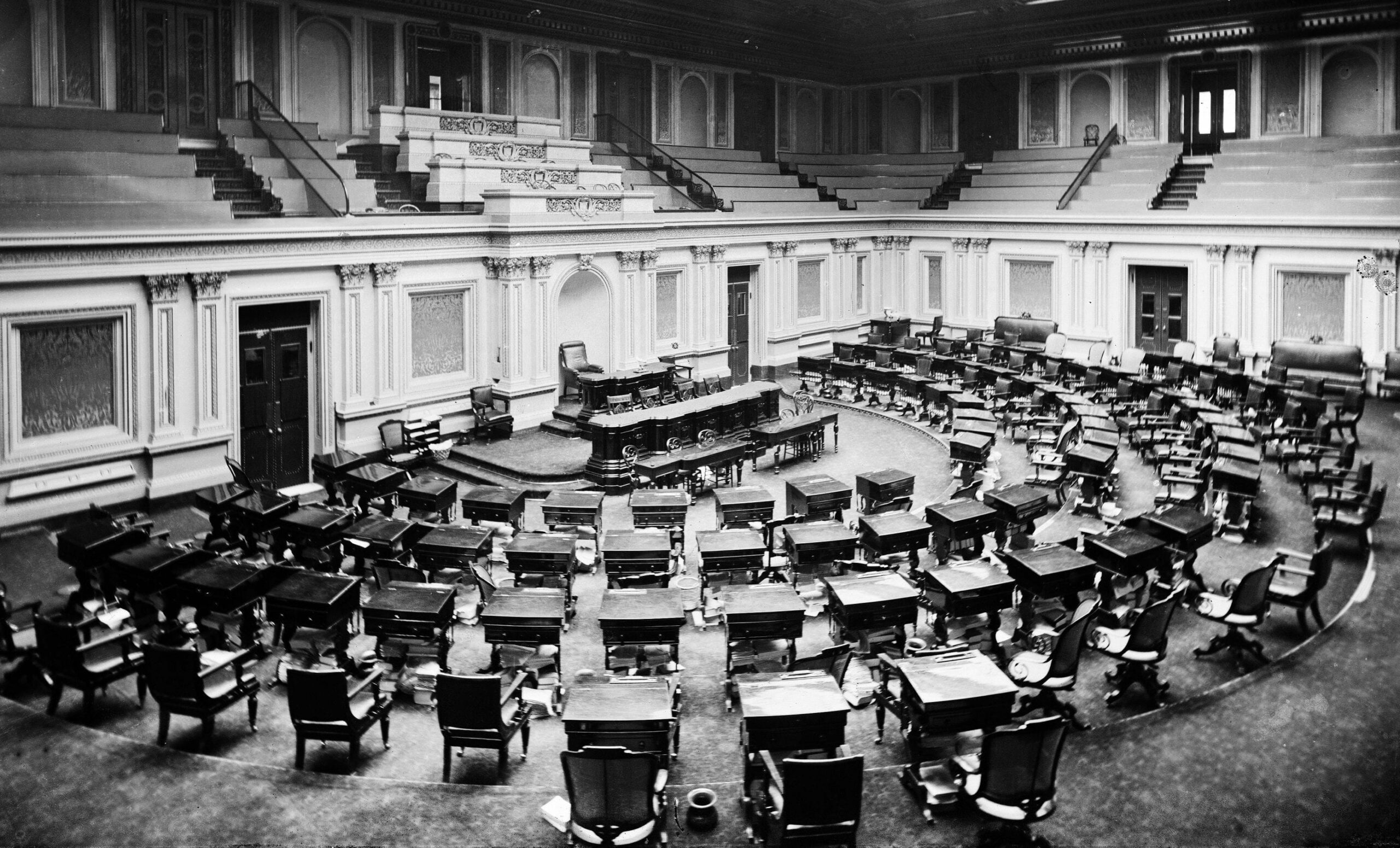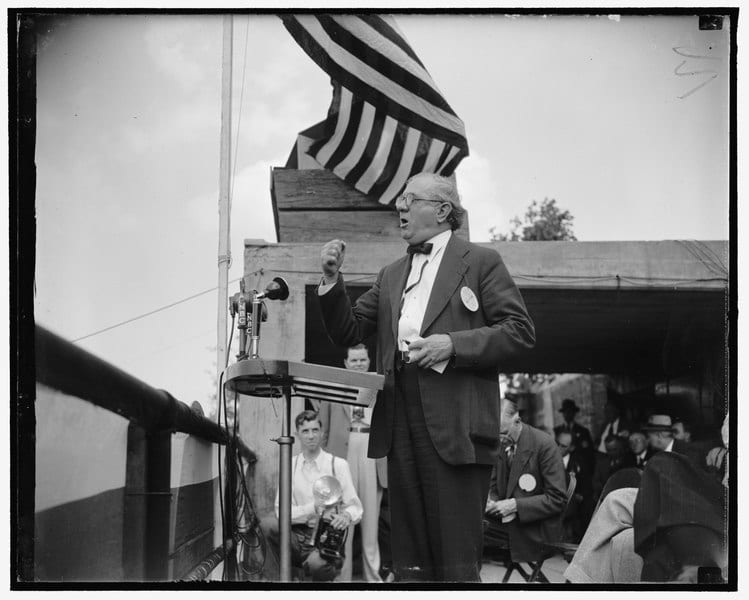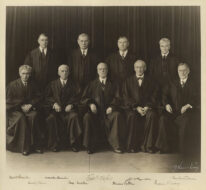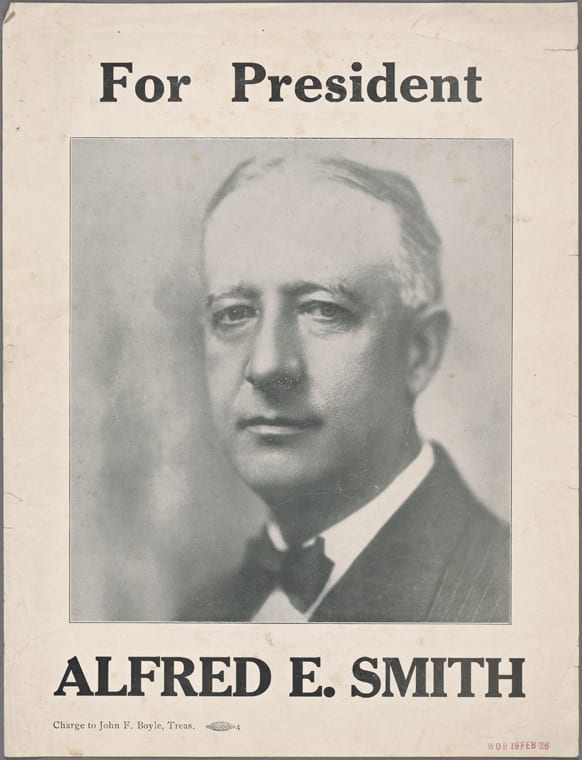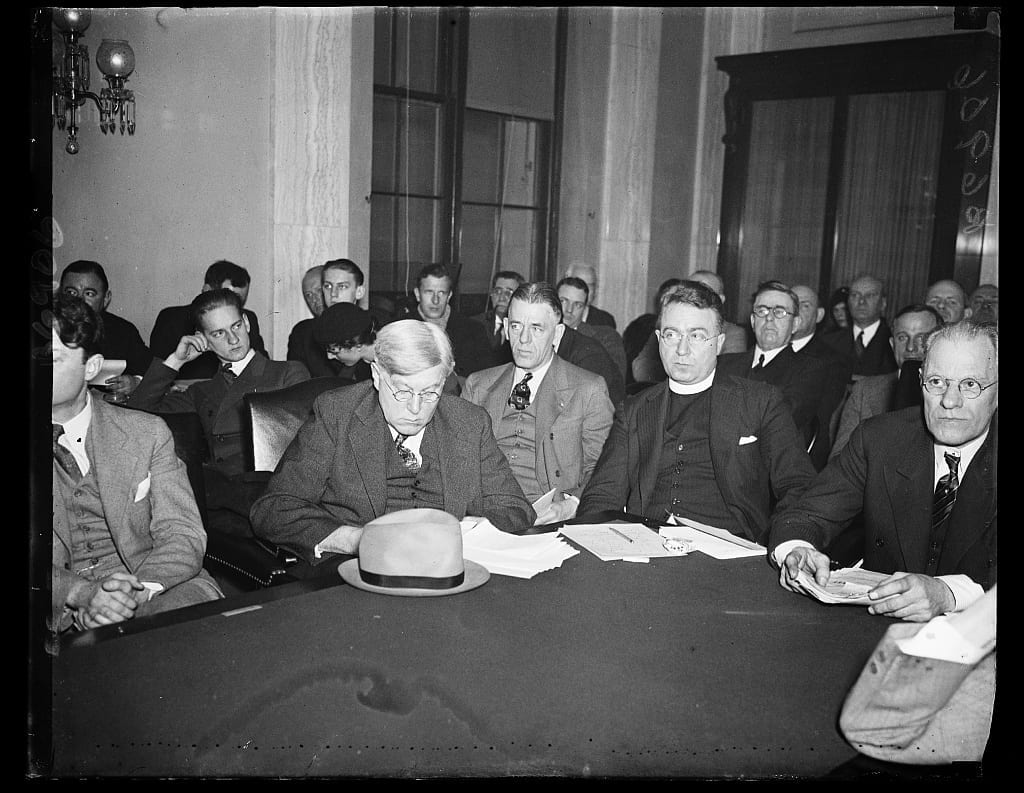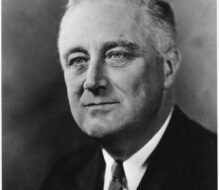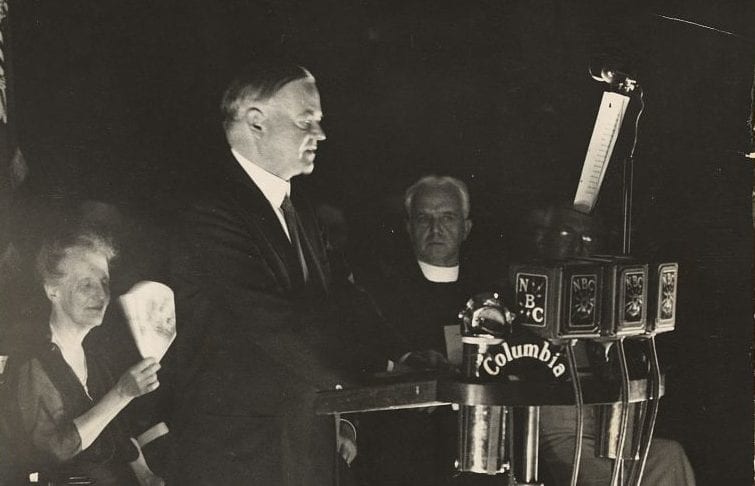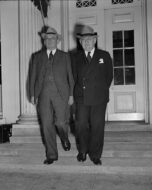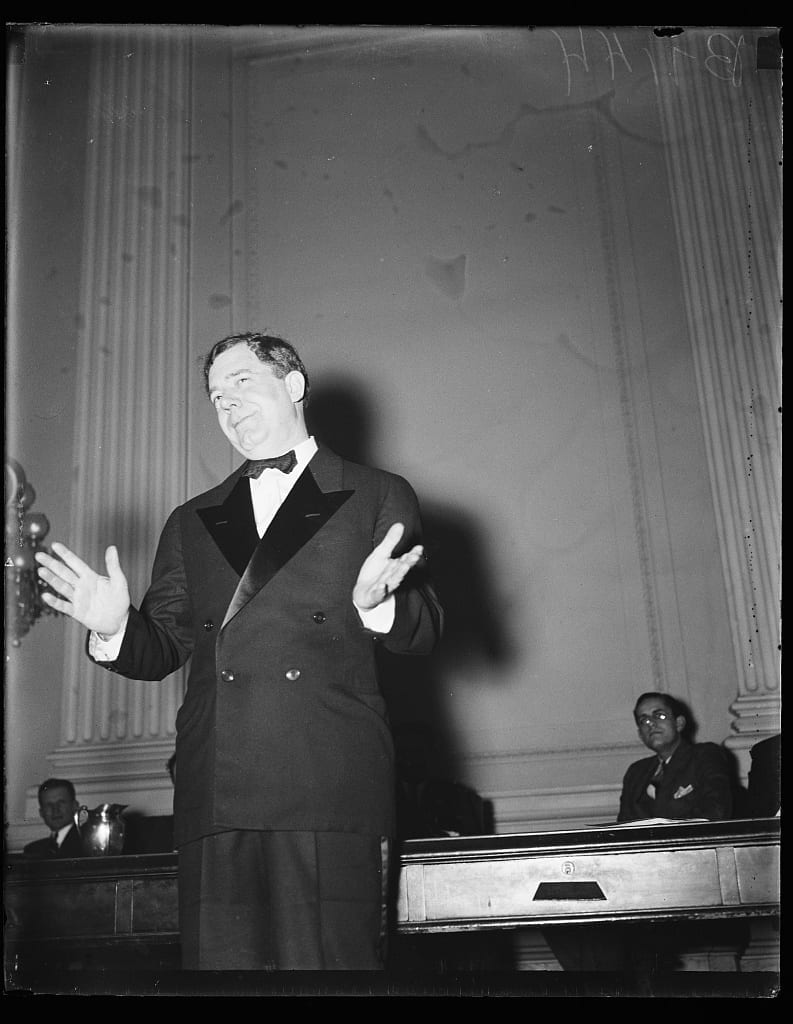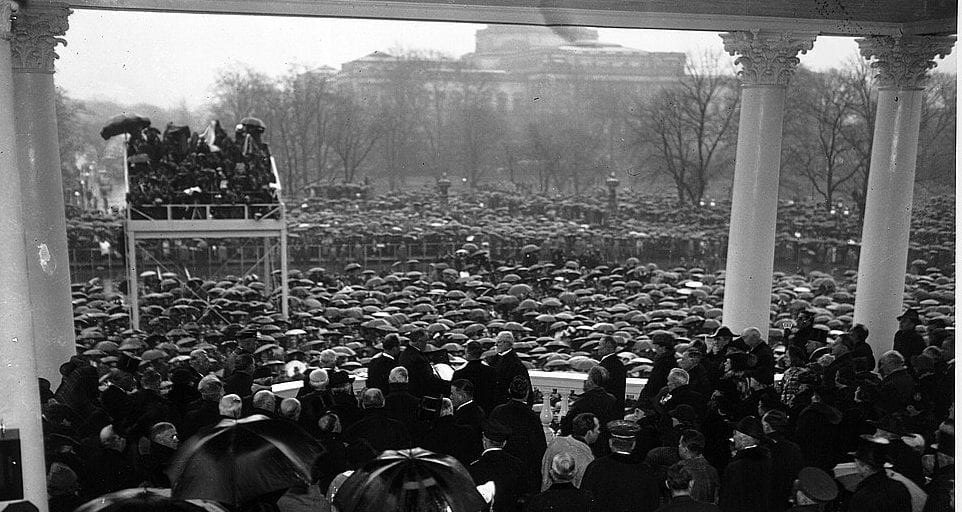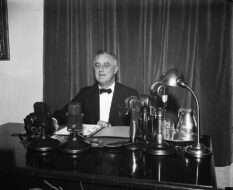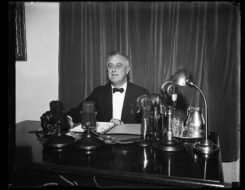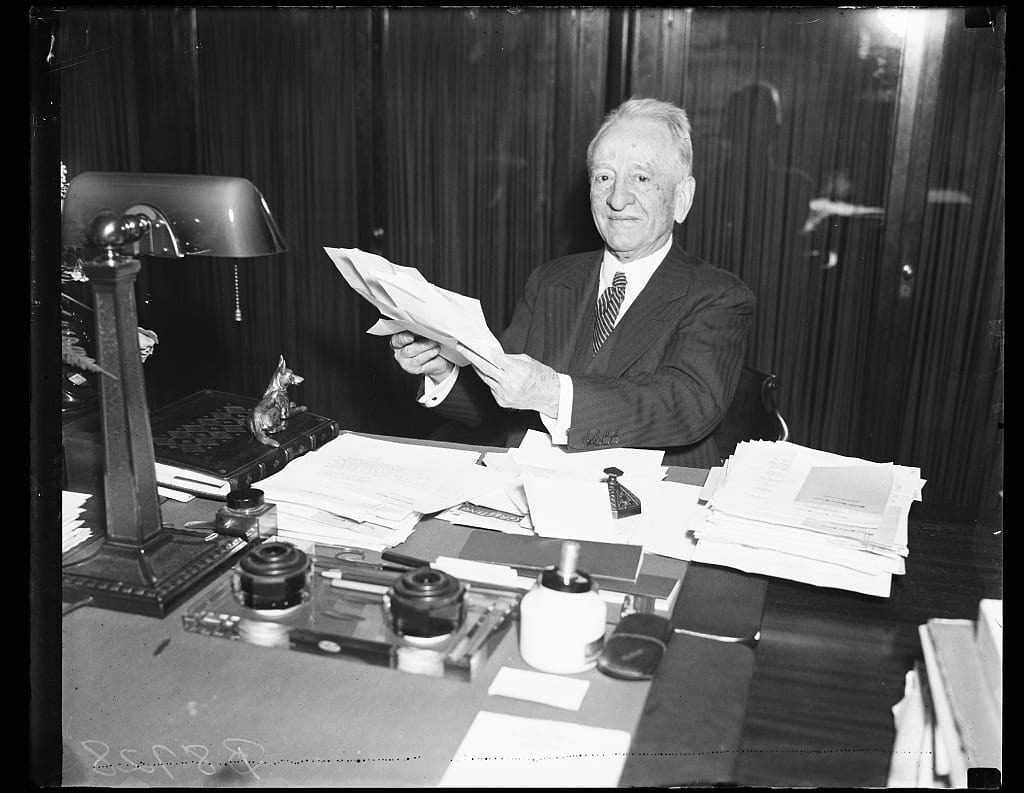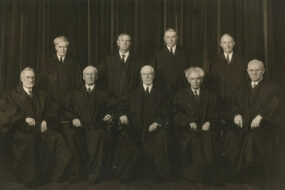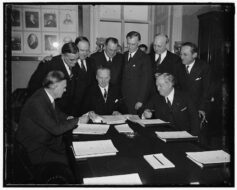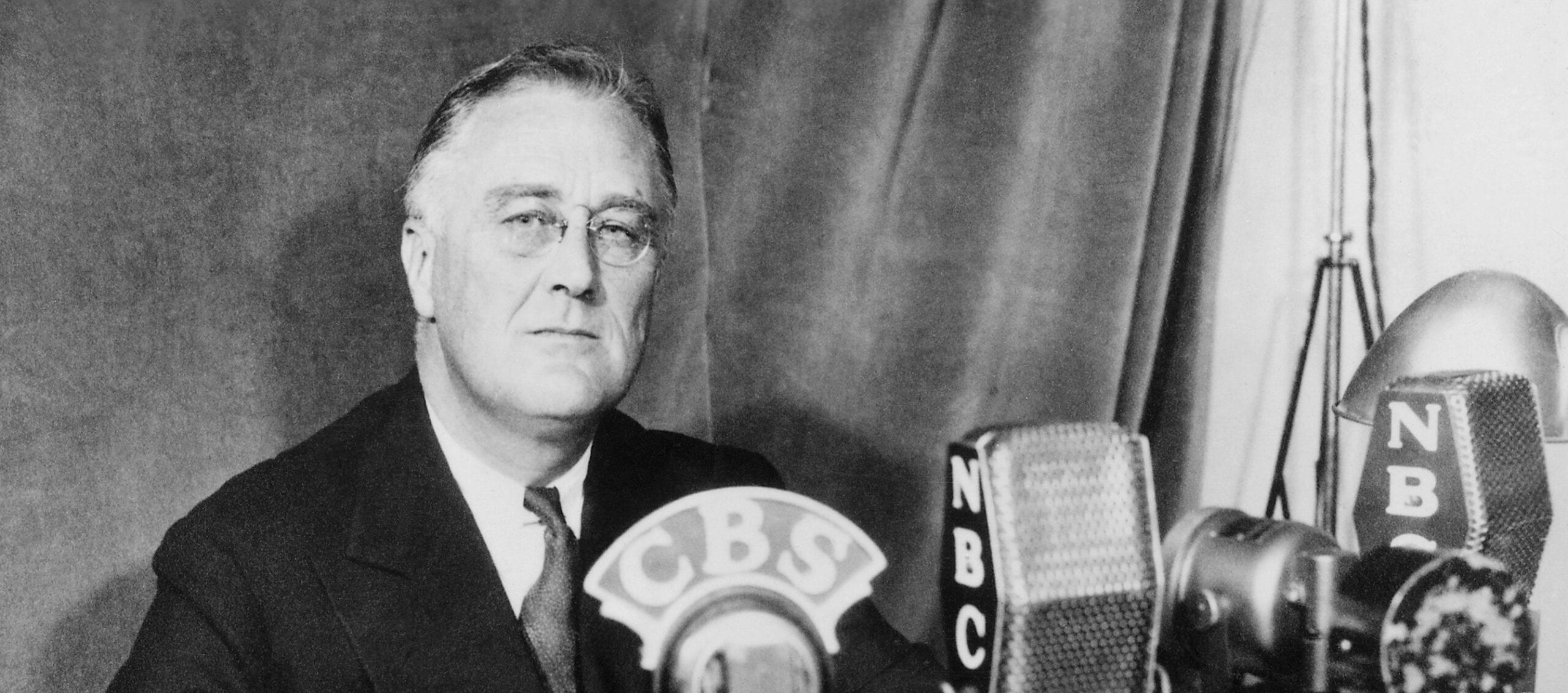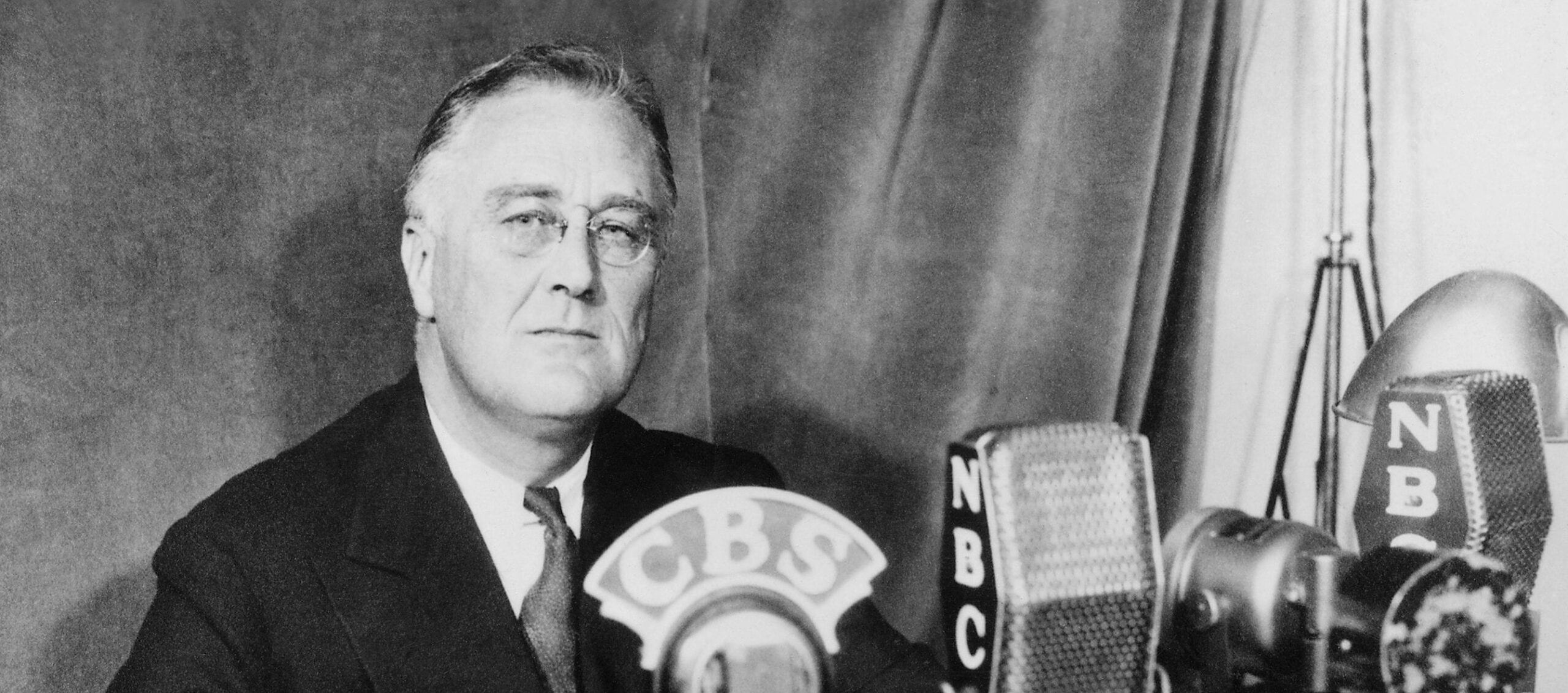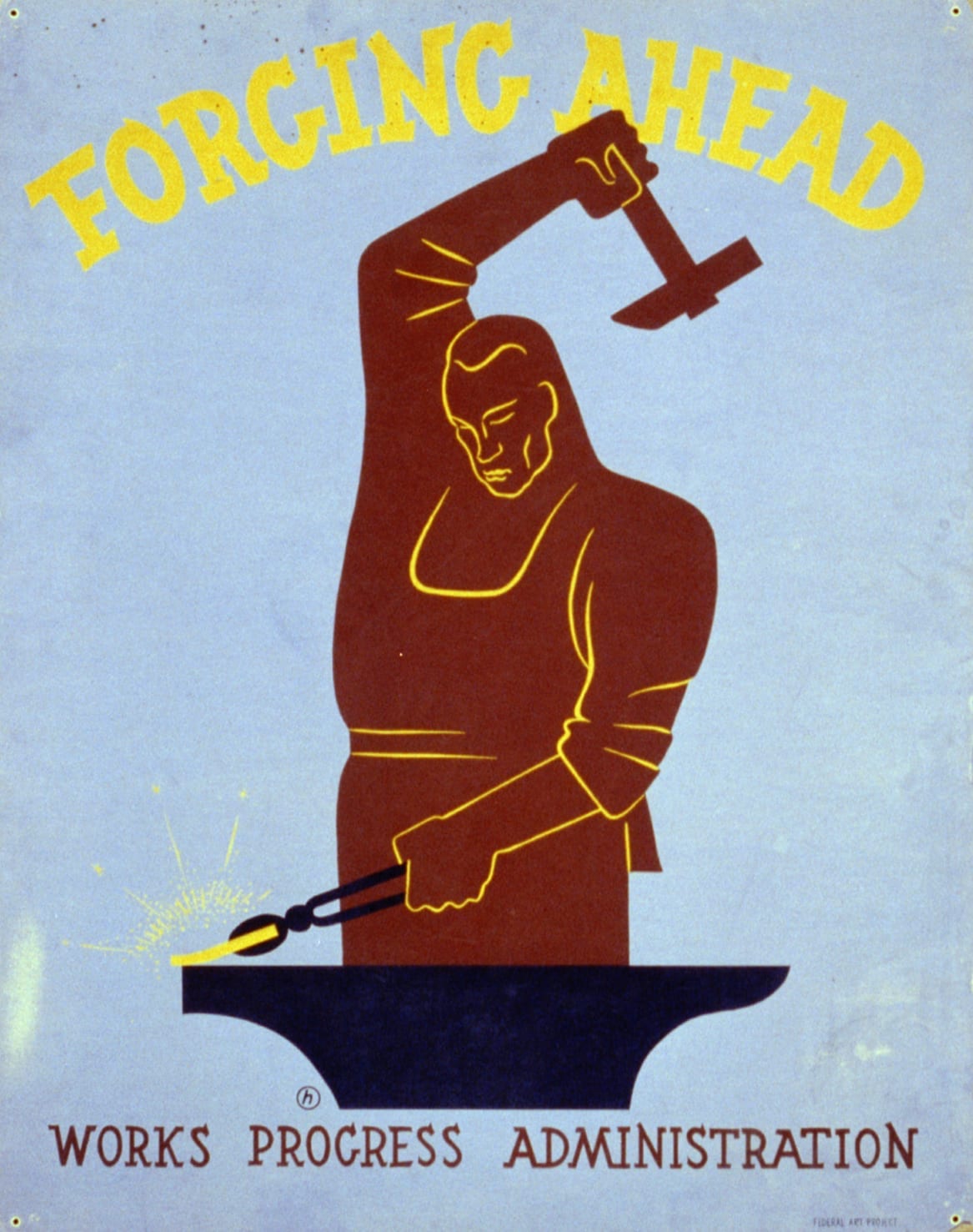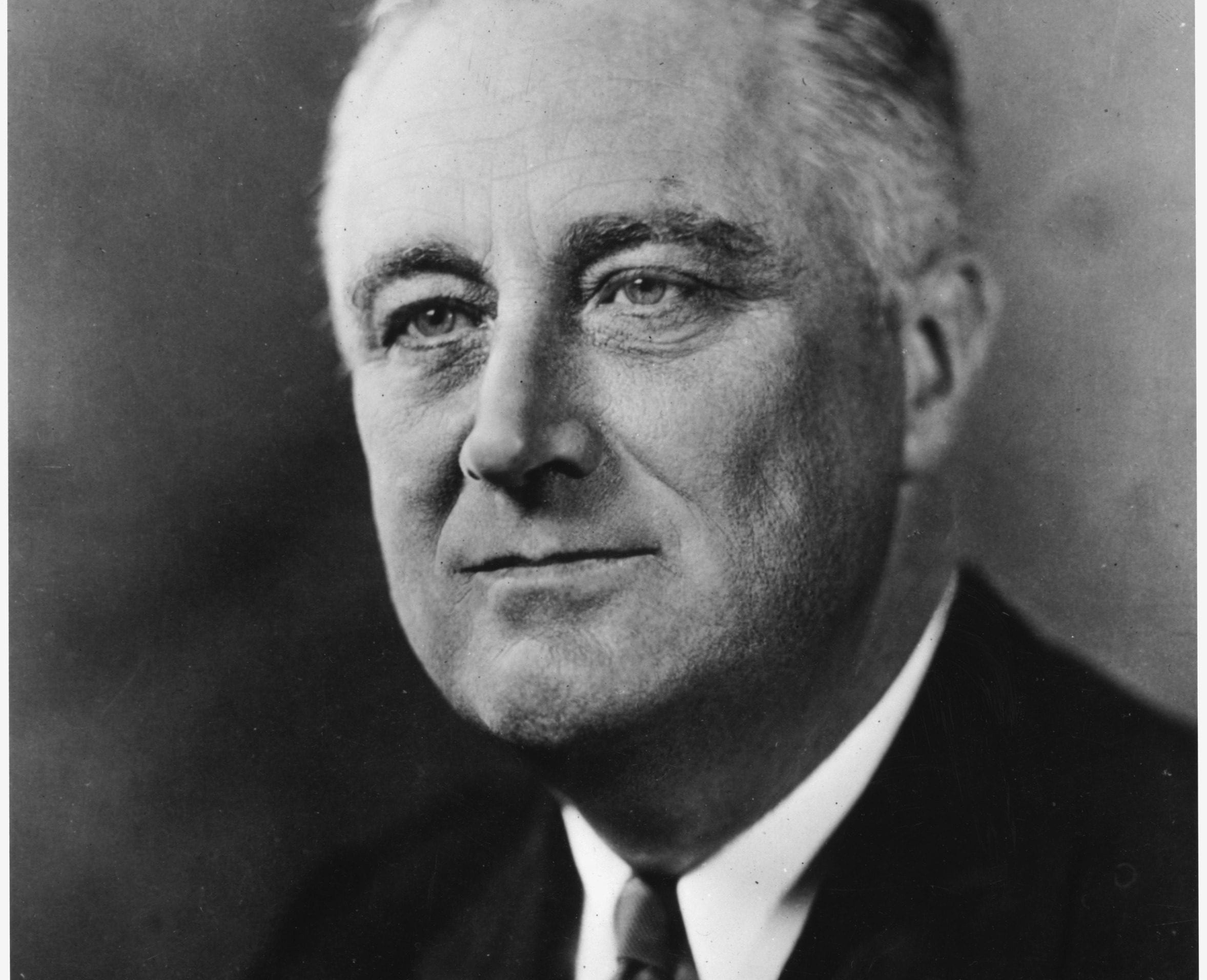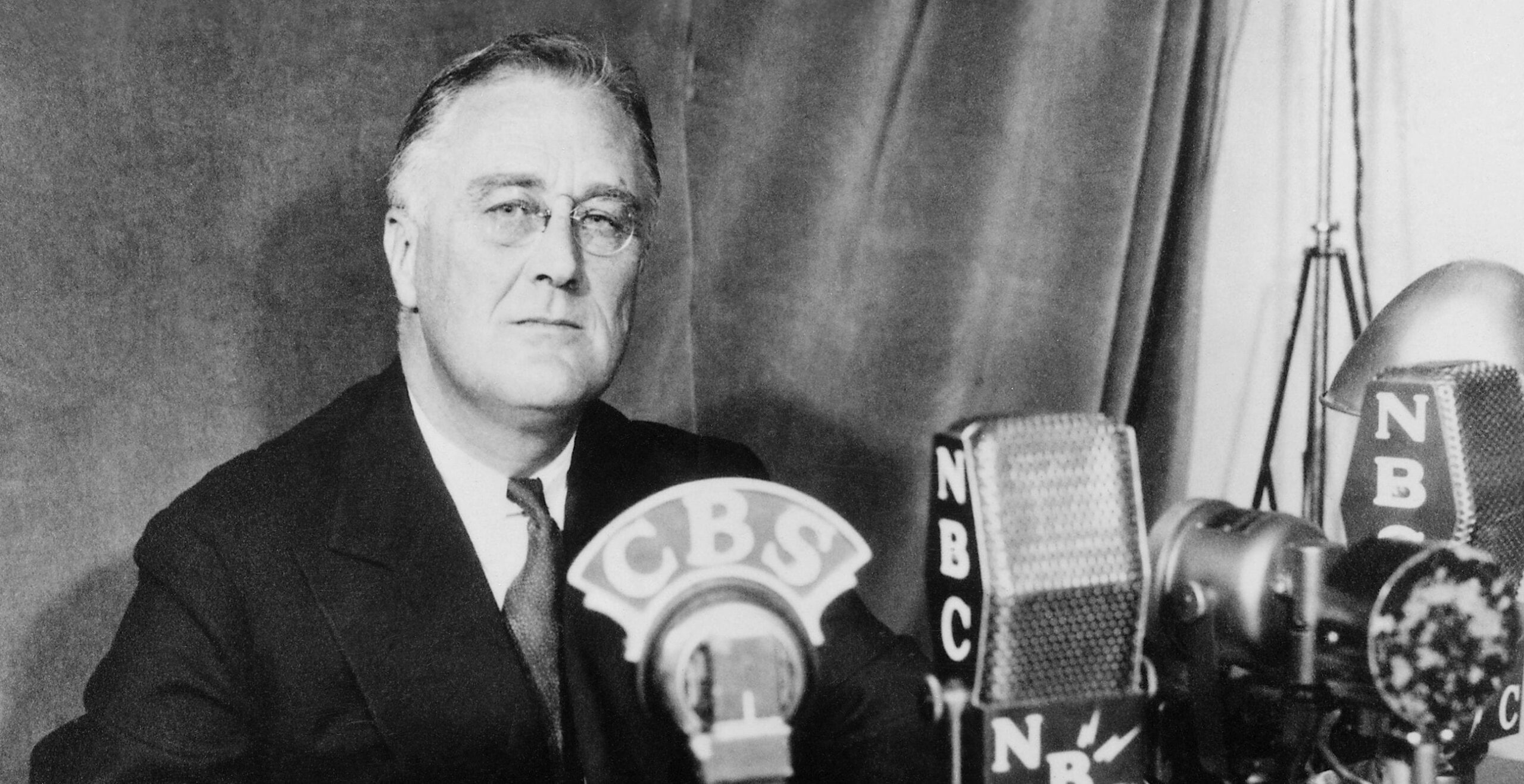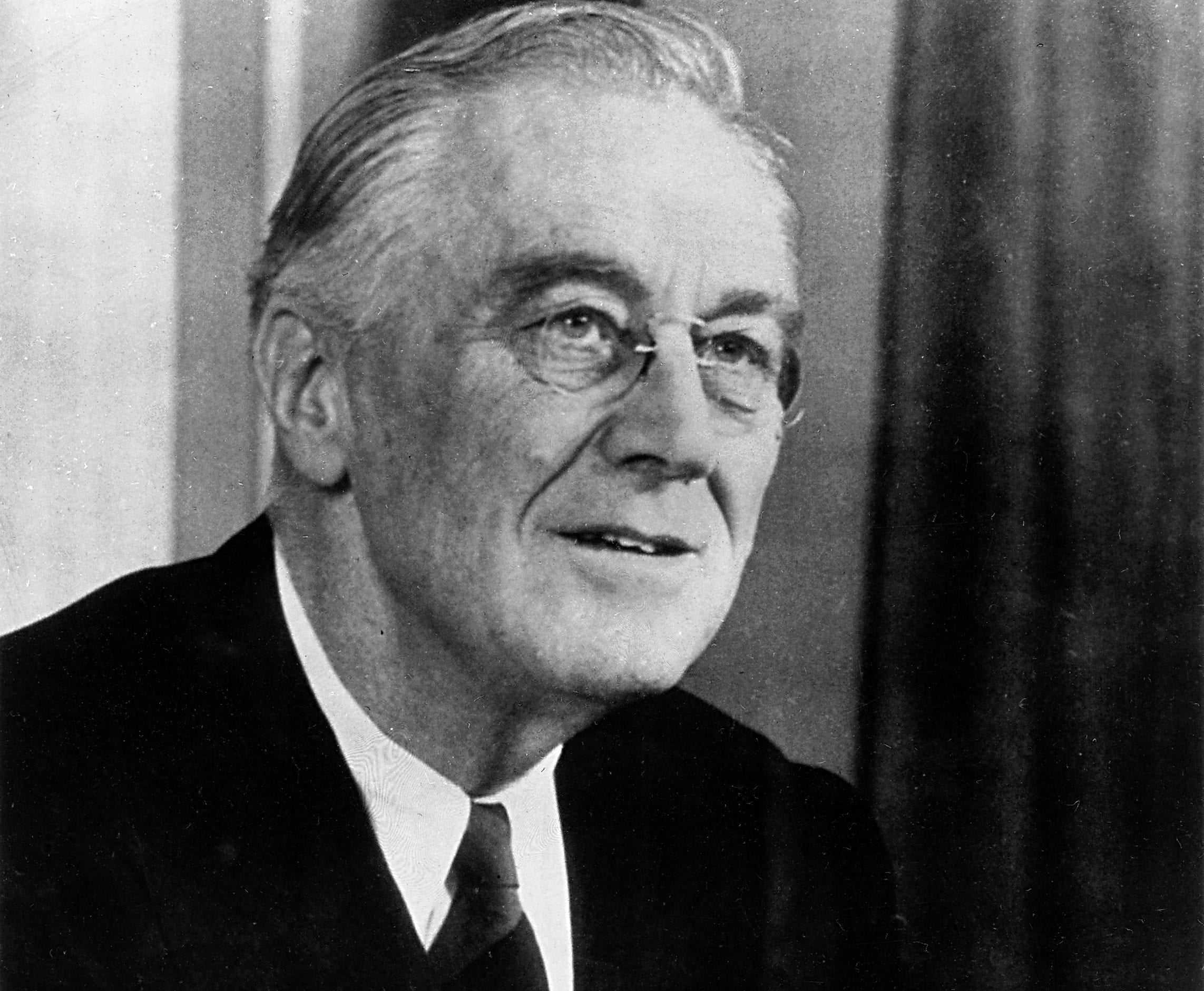Introduction
The Social Security Act (Speech to Congress on Social Security (1935)), which went before Congress in spring 1935, appeared sufficiently moderate that it aroused little real opposition, except from a few die-hard conservatives such as Republican Representative James W. Wadsworth of New York, who feared that it would destroy incentives to work and save. Others claimed that the proposed payroll tax was excessive; not only would it retard recovery, but they feared that the resulting surplus might be used to fund other attempts at New Deal “social engineering.” In spite of such criticism the bill passed both houses by wide margins, and Roosevelt signed it into law on August 14, 1935.
Social Security has been one of the most enduring legacies of the New Deal. It was and remains one of Roosevelt’s most popular accomplishments, but in many ways it has also proved the most troublesome. When the program began paying out old-age benefits in 1940, there were 159.2 taxpayers for every recipient. By 2013, however, according to the Social Security Administration, demographic patterns and longer life expectancy had changed the ratio to 2.8 taxpayers for every recipient. Some have suggested that without major changes, the Social Security system cannot remain solvent.
—John E. Moser
Source: Congressional Record, 74th Cong., 1st sess., Vol. 79, pt. 6, pp. 6060-6061.
. . . I realize perfectly well that this bill is going to pass the House of Representatives . . . without any substantial change, and nothing that I can say will prevent it or even tend to prevent it, in view of the determination of the majority.
It is not my purpose to discuss it in detail . . . but I am going to endeavor to glance a little toward the far future and analyze some one or two things which seem to me to be susceptible of analysis, and certainly worth serious thought on the part of Members of the House regardless of their political affiliations.
First, as to the financing of the major portion of this program. As I understand it . . . these funds are to be established in the Treasury Department, through the collection of payroll taxes. . . . The bill provides in general that those moneys shall be invested solely in the bonds of the Government of the United States or bonds guaranteed as to the principal and interest by the Government. As I read the report and have listened to the discussion on the floor, it is apparent that the proponents of this bill expect that this fund will grow from time to time, year after year, until about 1970, if I am not mistaken, the fund will approximate $32,000,000,000, every penny of which must be invested in government bonds.
It is apparent that unless the national debt of the United States goes far, far beyond $32,000,000,000 in the time over which this calculation is extended, by the time this fund has been built up to any considerable degree it will become a fund large enough to absorb at least a major portion of the national debt, and finally absorb it all. . . .
Now, that may seem an effective and adequate way to finance the Government’s financial activities in all the years to come. I am trying to look to the future. Heretofore the Government has financed its undertakings primarily and fundamentally as a result of the confidence of the individual citizen in the soundness of the Government’s undertaking, but from this point on we are apparently going to abandon that philosophy of public confidence and resort to a very different practice. The Government is to impose a payroll tax through one of its agencies, collect the money into the Treasury Department, then the Treasury Department with its left hand on the proceeds of these taxes is to turn around and buy bonds of the United States Government issued by the right hand of the Treasury Department. Thus the Government of the United States, after this thing gets going, is no longer to be financed directly by its citizens, confident in the soundness of the Government, but it is to be financed instead by arrangements made within the bureaucracy – an undemocratic and dangerous undertaking. . . .
Now, this may not seem important at this moment. I may be old-fashioned. . . . It seems to me that we are moving away from democracy in this new and manipulative method of financing the obligations of the United States. I do not question the integrity and the honor of the men who are going to manage this fund or the men who will be Secretaries of the Treasury down through the years to come, but there is something offensive to me in the spectacle of one branch of the Treasury Department having collected a fund by taxing the working people of America, and then using that money for the floating of its own bonds. It seems to me to present the possibility of a vicious circle, and is certainly removing the financial support of the Government of the United States far from the people themselves and confining it to an inner ring, bureaucratic in character. I am trying to look ahead and visualize what that may mean in the preservation of democracy. . . .
One other thing looking toward the future. . . . I know the appeal this bill has to every human being, that it appeals to the humane instincts of men and women everywhere. We will not deny, however, that it constitutes an immense, immense departure from the traditional functions of the Federal Government for it to be projected into the field of pensioning the individual citizens of the several States. It launches the Federal Government into an immense undertaking which in the aggregate will reach dimensions none of us can really visualize and which in the last analysis, you will admit, affects millions and millions of individuals. Remember, once we pay pensions and supervise annuities, we cannot withdraw from the undertaking no matter how demoralizing and subversive it may become. Pensions and annuities are never abandoned; nor are they ever reduced. The recipients ever clamor for more. To gain their ends they organize politically. They may not constitute a majority of the electorate, but their power will be immense. On more than one occasion we have witnessed the political achievements of organized minorities. This bill opens the door and invites the entrance into the political field of a power so vast, so powerful as to threaten the integrity of our institutions and so pull the pillars of the temple down upon the heads of our descendants.
We are taking a step here today which may well be fateful. I ask you to consider it, to reexamine the fundamental philosophy of this bill, to estimate the future and ask yourselves the questions, “In what sort of country shall our grandchildren live? Shall it be a free country or one in which the citizen is a subject taught to depend upon government?”




